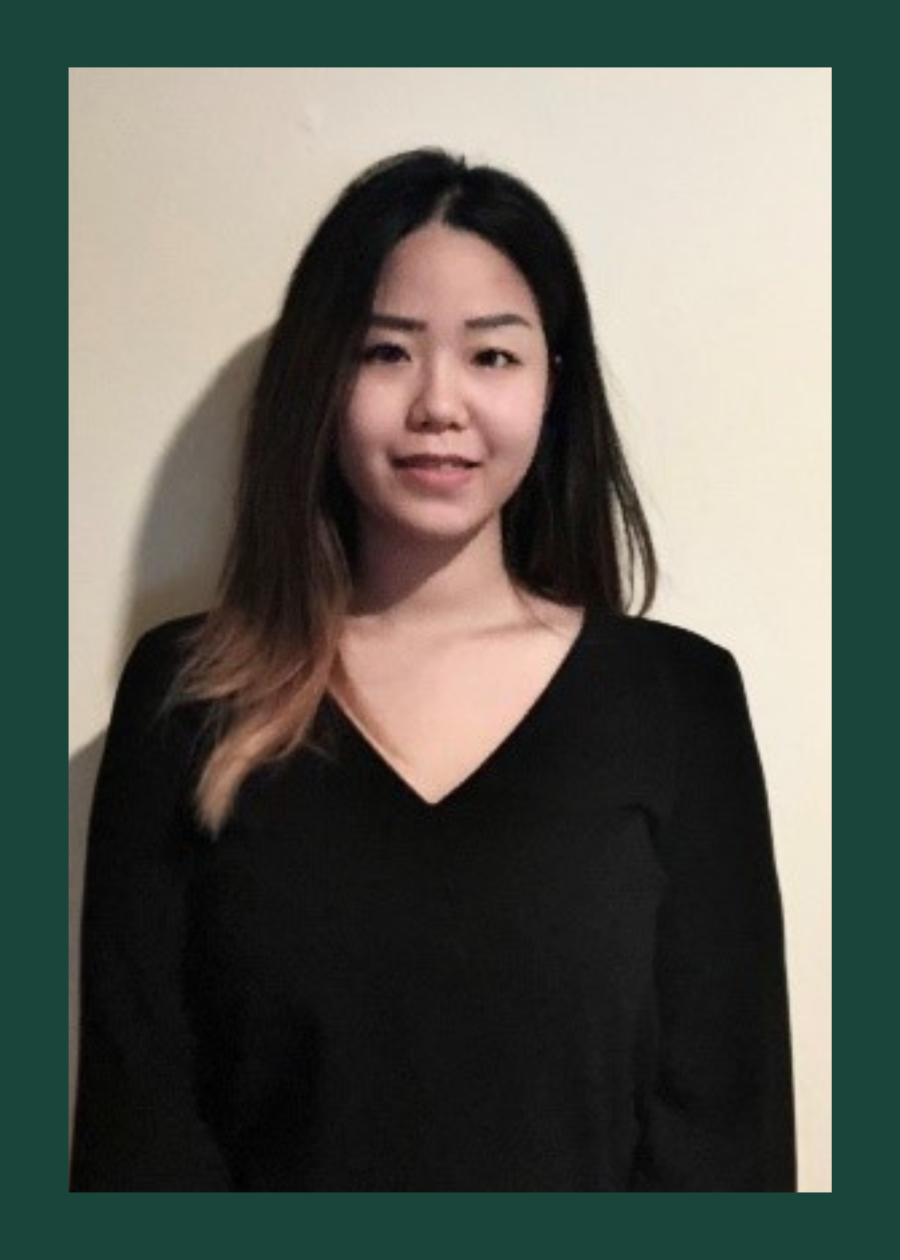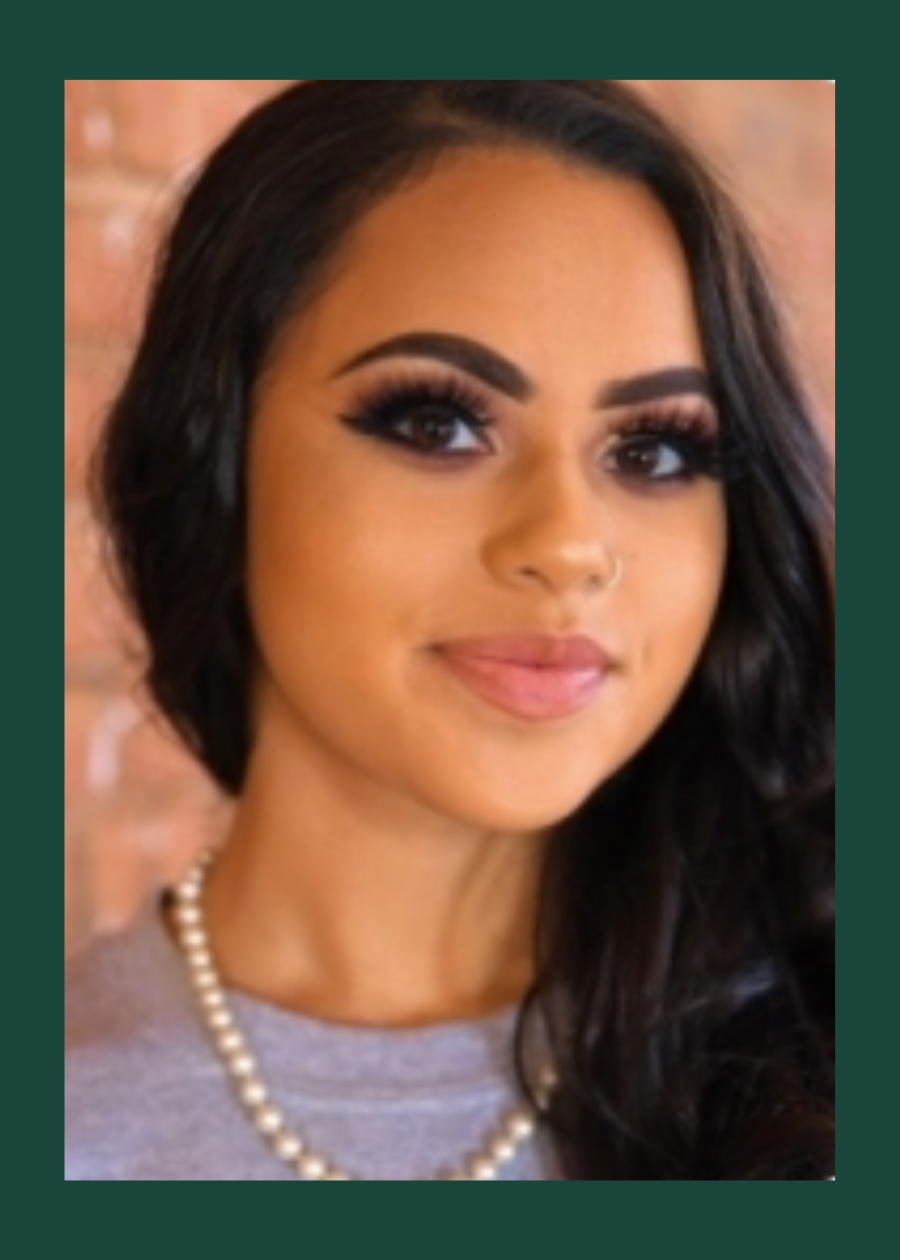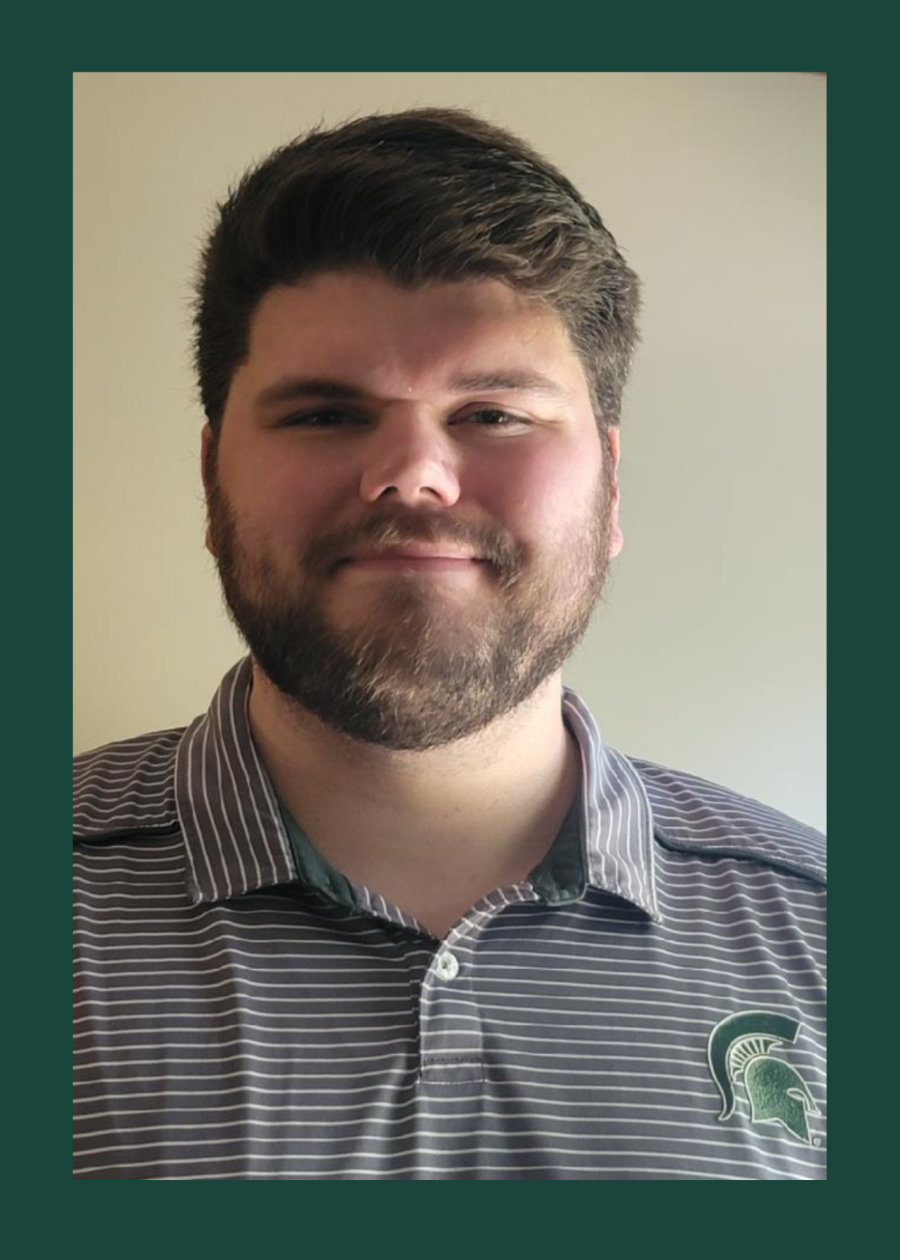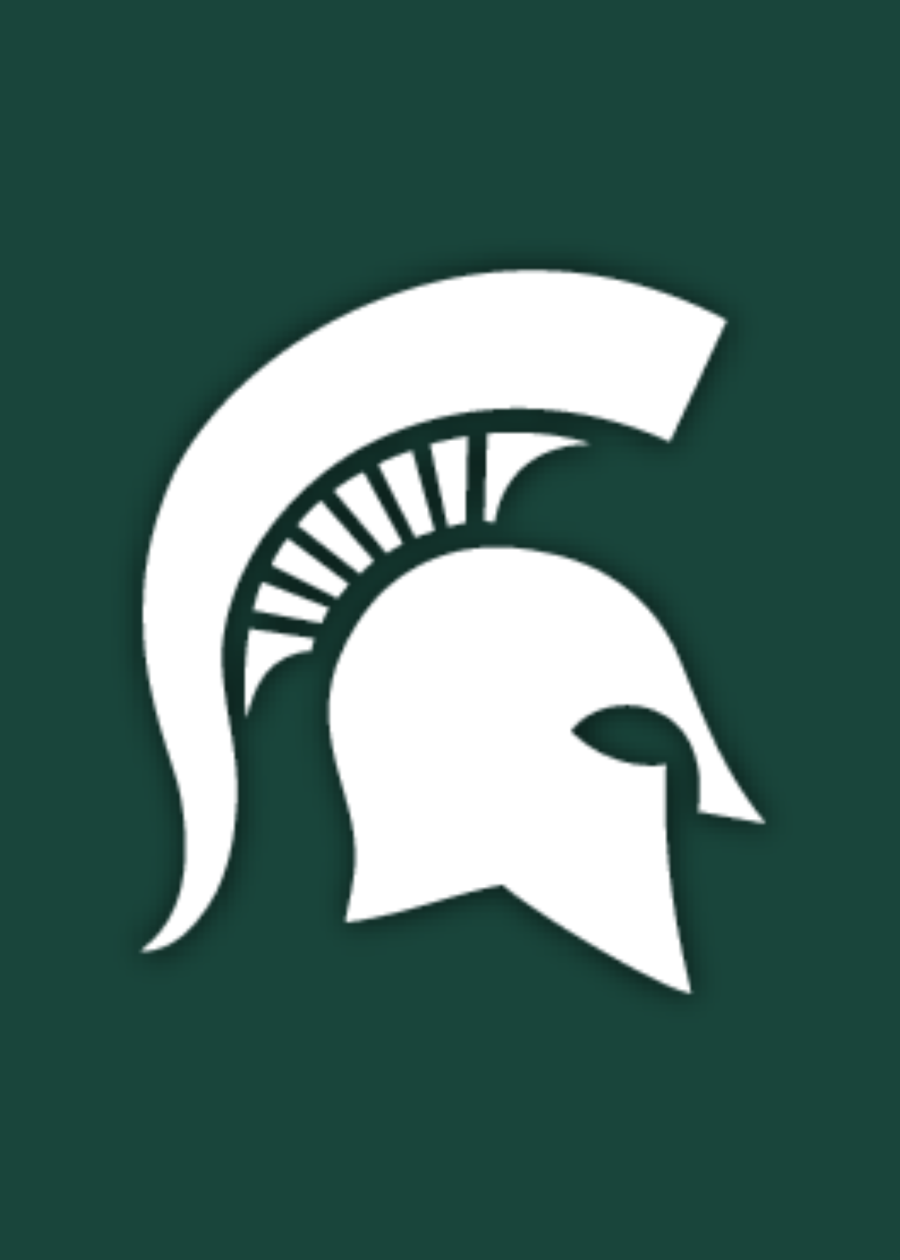The Fall 2022 semester brought cooler temperatures, lovely colors across campus, football games (Go Green!) and, to the RCPD specifically, four practicum students: Andrew Harsh, Yusi Hu, Milan Monardes and Ken Tribley. Each of these graduate students shined within their respective practicum roles and the RCPD was lucky to have them as part of our team for the Fall 22 semester. Through their efforts, they each gained more experience and left with appreciation and gratitude for the opportunities to serve MSU students. Read on to learn more about their role and time spent with RCPD:
YUSI HU; BOND PROGRAM
Yusi is a graduate student in the Rehabilitation Counseling program here at Michigan State University. She also earned her bachelor’s degree in Psychology with minor in social work and human behavior from MSU in 2020. She held the role of a practicum counselor with the BOND program under Resource Center for Persons with Disabilities department for the Fall 2022 semester.
Yusi has a passion for helping students with Autism Spectrum Disorder (ASD) navigate higher education and have a successful transition to college. In the future, Yusi hopes to work with people with disabilities as a licensed rehabilitation counselor after graduation. When asked what inspires her, Yusi shared, “Everyone around me. I am more of a listener in a social environment, I listen to the people around me, accept their ideas and share mine with them. I enjoy sharing like this and whenever they are challenging me and my thinking, I treat it as a learning process. I have to say they made me a better version of myself.”

MILAN MONARDES; ABILITY ACCESS SPECIALIST - PSYCHIATRIC
Q: What was your undergraduate degree in?
A: I received my bachelor's degree in Psychology with a minor in Health Science from Towson University.
Q: Explain what your practicum was about. What were your goals?
A: During my practicum, I worked as an Ability Access Specialist with RCPD primarily supporting students with psychiatric and learning disabilities. This has been an unforgettable opportunity to merge my firsthand experiences of being a student with disabilities along with my knowledge and skills that I have gained from the Rehabilitation Counseling program to provide genuine understanding and accessibility for the Spartan community. Some of my goals included building safe and nurturing relationships with students as well as improving my overall competency of disability and application of counseling to make a positive impact that maximizes ability and opportunity for all.
Q: What did you enjoy most about working with RCPD?
A: My favorite part of being a member of the RCPD team was the unique and unexpected experiences that I got to have with each student. Every single day of serving this role and working with such a diverse and industrious population has taught me something new and reminded me of the value of openness and adaptability.
Q: What has been the most important thing you have learned while working here?
A: The most important thing that I have learned from this experience is that with a supportive team, a confident attitude, and a community of resources, I am capable of reaching my goals and making a difference. My first experience with RCPD was registering myself and undergoing my own needs assessment with my specialist, trying to establish a support system throughout my time in my program. At this time, I never imagined being on the reverse end one day and giving back to so many the same way that my advocates have done for me. This achievement has remained in my mind over the past year not only to encourage myself, but also the hundreds of students that I have been lucky enough to guide on their academic journeys toward success as well.
Q: What will you take with you from this experience?
A: This experience has taught me so much about being a pivotal mentor within the lives of many and I genuinely believe that it has helped me in becoming a better person. I am really grateful to be able to transfer these skills into both my personal and professional life and to continue to learn and grow through helping others.
Q: What are your future plans?
A: As I approach my final semester of graduate school, I am hoping to begin an internship working closely with individuals with Brain Injuries to enhance their wellness and futures. This is a goal that I have been wanting to achieve for many years and I look forward to applying each of my learned experiences working with RCPD into this new line of work.

KEN TRIBLEY; STUDENT VETERAN LIASON
Q: Explain what your practicum was about. What were your goals?
A: My undergraduate degree is in General Psychology from Central Michigan University.
Q: Explain what your practicum was about. What were your goals?
A: My practicum was to help create a stronger relationship between RCPD and the Student Veteran Resource Center (SVRC) here on campus. My goals were to open communication and assist Veterans in making sure that they get in contact with RCPD to discuss reasonable accommodations.
Q: What did you enjoy most about working with RCPD/SVRC Program?
A: For RCPD, I enjoyed the culture that they produce. RCPD is full of helpful individuals who seek to provide accommodations that many students require in order to be successful. Everyone I have interacted with in the office has been professional, kind, fun, and respectful as well as respectable. I am very proud of my time with RCPD as well as proud that such a wonderful group of people are here on campus making a difference for students.
As for SVRC, I enjoyed meeting the Student Veterans that can be found either working or visiting the center. It gave me an opportunity to immerse myself in the Student Veteran culture as well as discuss RCPD’s mission. The workshops and events I have gone to have had some of the greatest people attending and working them. MSU Student Veterans embody the spirit of the American dream and what it means to be a Spartan.
Q: What has been the most important thing you have learned while working here?
A: Language and communication are everything. How we speak to others and what language we use is key when making sure that we are being both respectful to everyone we work with and clear and concise when relaying our message.
Q: What will you take with you from this experience?
A: I will definitely take away the importance of partnership from this experience. RCPD has many on-campus partners that we work with in order to supply both reasonable accommodations as well as information. RCPD has a close relationship with CAPS, Careers Collaborative, SVRC and many others and it has reminded me that in the professional world, we need to continuously build mutually beneficial relationships in order to meet our goals.
Q: What are your future plans?
A: My next semester I will be interning at Origami as a counseling student. I will then be able to test for my Certified Rehabilitation Counselor certification and my Limited Licensed Professional Counselor license and hopefully enter the workforce as a Rehabilitation Counselor working with Veterans with disabilities.
The RCPD staff was lucky to have these wonderful students collaborate with our team. We are incredibly thankful for all the hard work they put in at our office to make MSU a more accessible place to all!

ANDREW HARSH; CAREERS COLLABORATIVE
Q: What was your undergraduate degree in?
A: My undergraduate degree was in Psychology and Human Development (double major) at the University of Wisconsin-Green Bay.
Q: Explain what your practicum was about. What were your goals?
A: My practicum mainly involved improving the vocational goals of students with disabilities and learning more about the different services that are available at Michigan Rehabilitation Services (MRS).
Q: What did you enjoy most about working with RCPD/Careers Collaborative?
A: I think that a future collaboration between the Career Services Network and RCPD could be a unique opportunity for students with disabilities. Though I cannot confirm, there have been some students with disabilities that could have received services during the CSN pop-up events. This also gives students with disabilities some anonymity as well since the CSN cannot ask if a student has a disability when receiving services.
Q: What has been the most important thing you have learned while working here?
A: I learned a lot about the documentation process that is unique to RCPD and MRS. The CSN does a lot of outreach for students on the MSU campus.
Q: What will you take with you from this experience?
A: Sometimes the anonymity offered by some services could make a big difference in helping students with disabilities, especially at a big campus like MSU.
Q: What are your future plans?
A: I want to work for the state vocational rehab or work for the VA.
